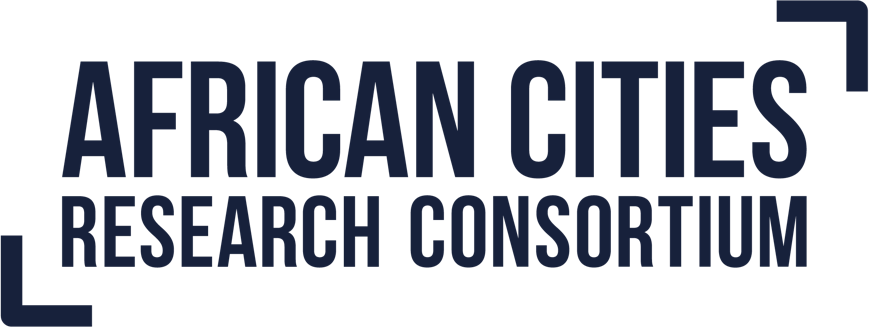Latest News + Insights
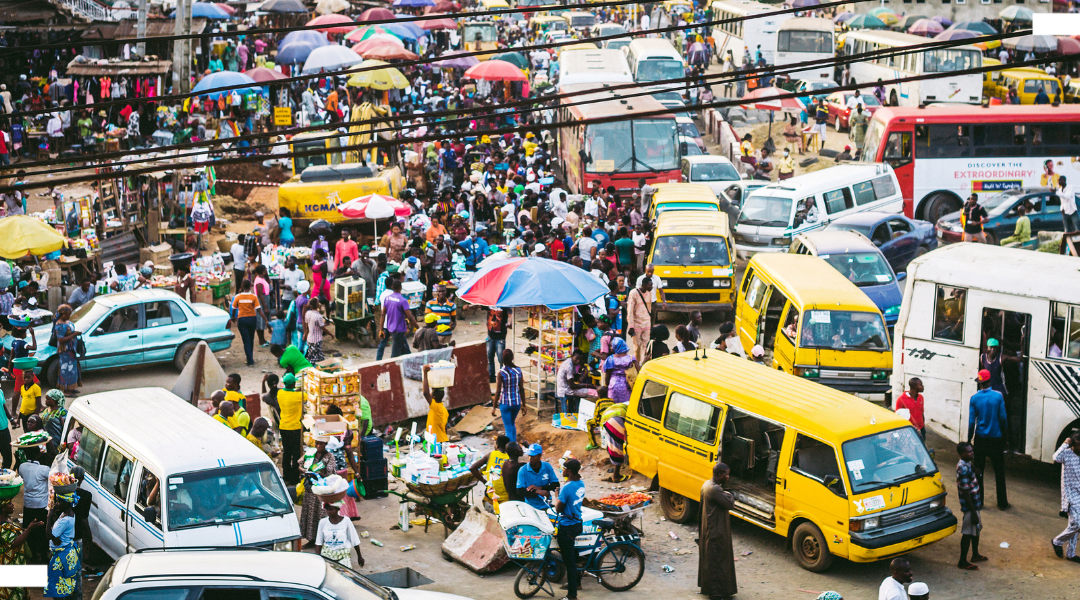
ACRC’s approach to catalysing urban reform
Our recent blog series delves into the concepts underpinning the African Cities Research Consortium’s research approach, covering the challenges and opportunities of urban development in Africa, an overview of our conceptual framework, and more detail on how our “city of systems” approach, political settlements analysis and urban development domains will feed into our wider research programme.
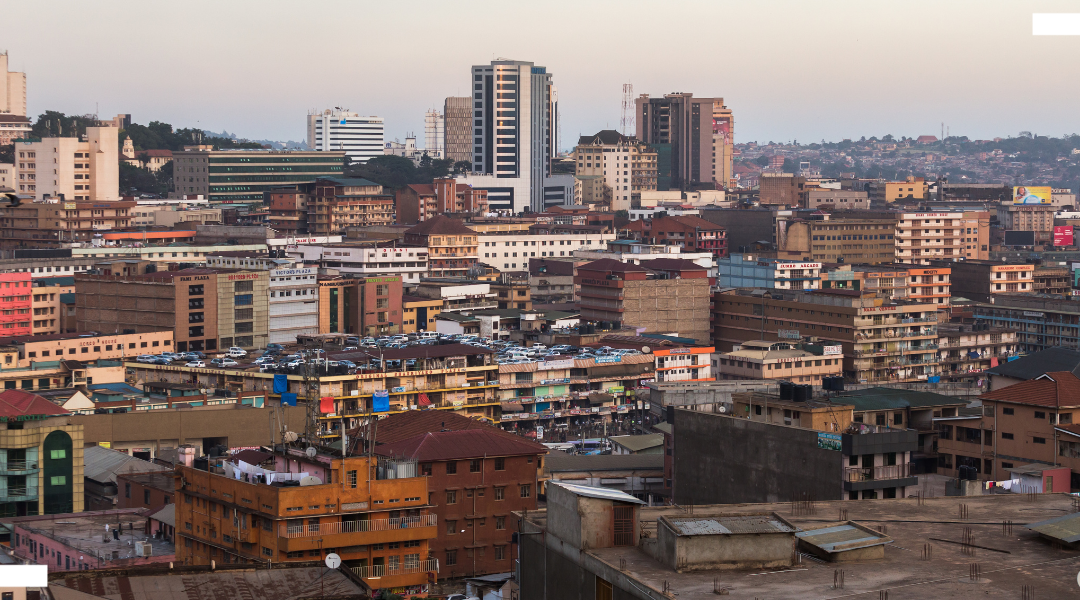
African cities and urban sustainability: A conversation with Shuaib Lwasa
The Global Development Institute’s latest podcast episode features Shuaib Lwasa, founder and director of the Urban Action Lab, in conversation with ACRC’s co-research director Seth Schindler. They reflect on COP26 in Glasgow, discuss how Africa can position itself as an innovator in climate solutions, and talk about urban development in African cities.
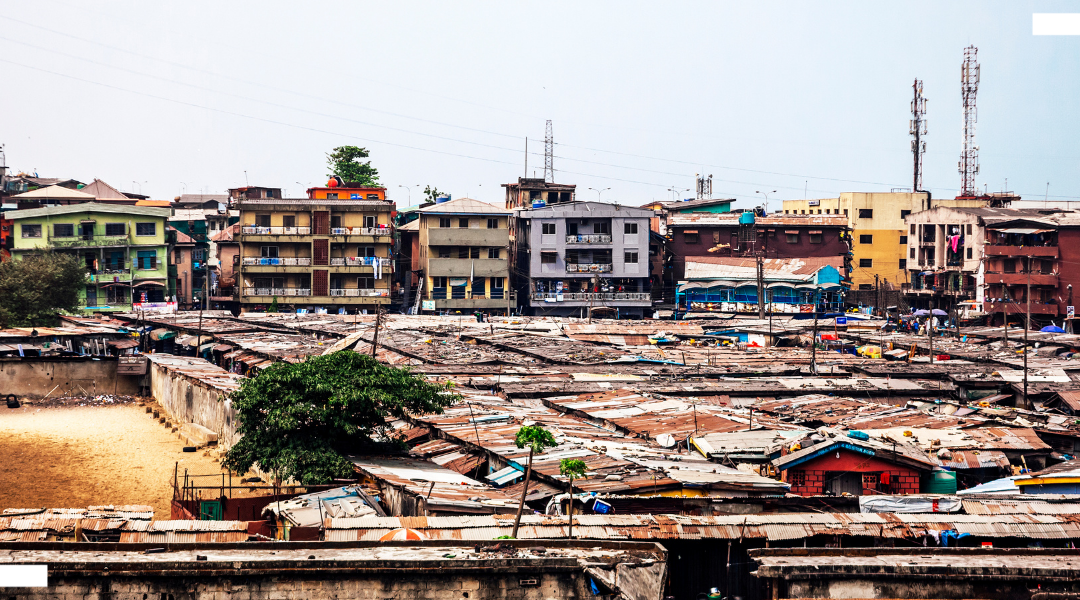
ACRC welcomes new cohort of postdoctoral research fellows
We are delighted to welcome eight postdoctoral research fellows to the African Cities Research Consortium. Working across our eight urban development domains, the research fellows will be based at The University of Manchester’s Global Development Institute and will receive mentoring from dedicated members of the consortium’s research team.
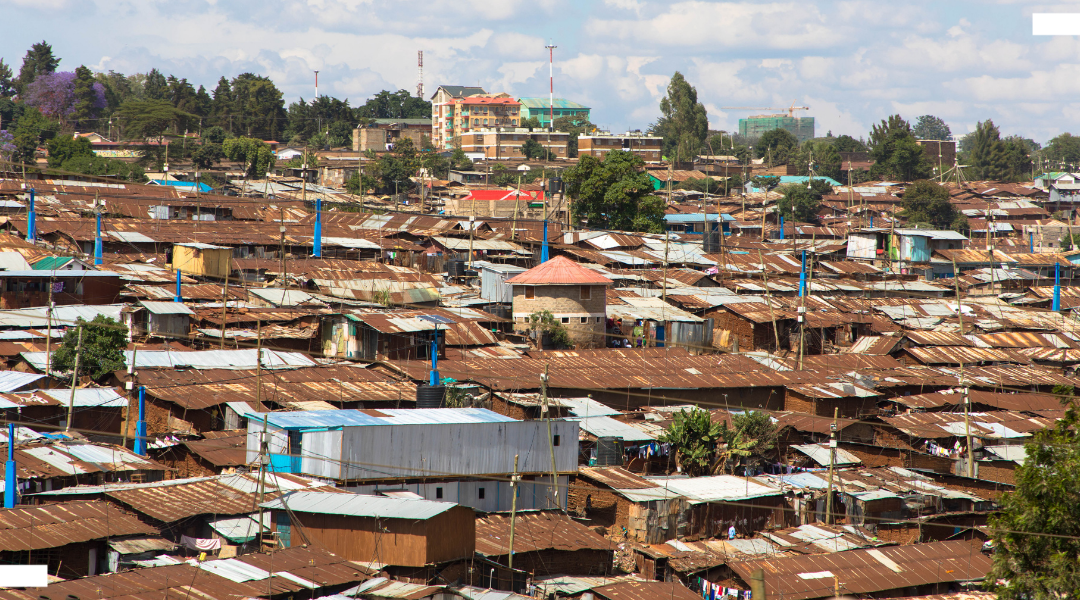
What are urban development domains?
There is a widespread recognition that narrowly focused sectoral urban interventions tend to fail. Sectoral interventions are particularly likely to fail in the urban context because of the inter-relationship between consumption and production of goods and services.
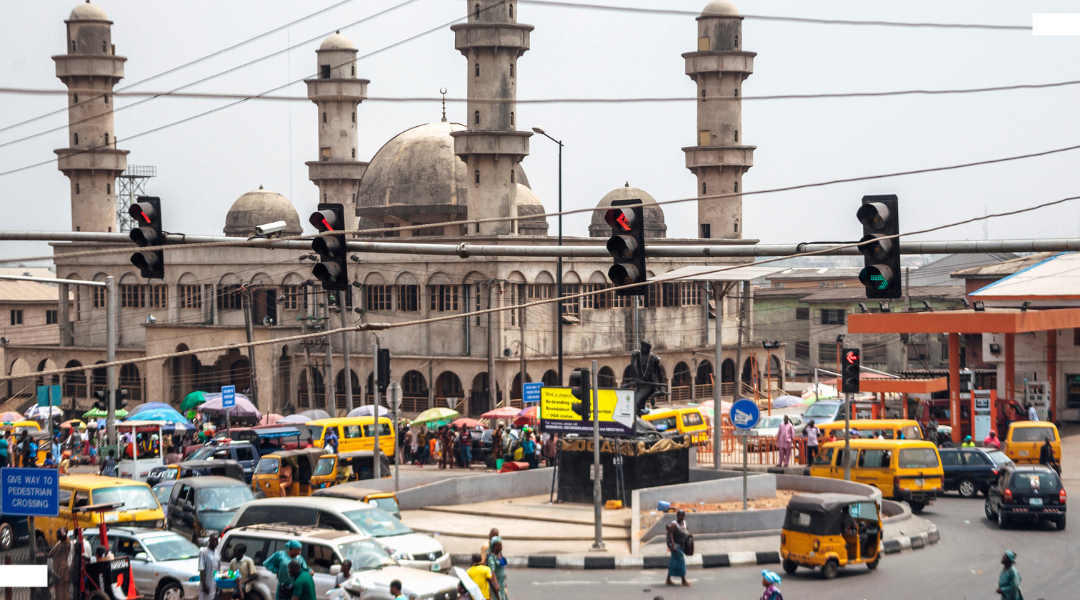
Citizen-government coalitions could hold the key to the reform of African cities
Cities across Africa are growing at an astonishing rate. All 20 of Africa’s fastest growing cities have experienced average growth rates of more than 6% over the last decade.
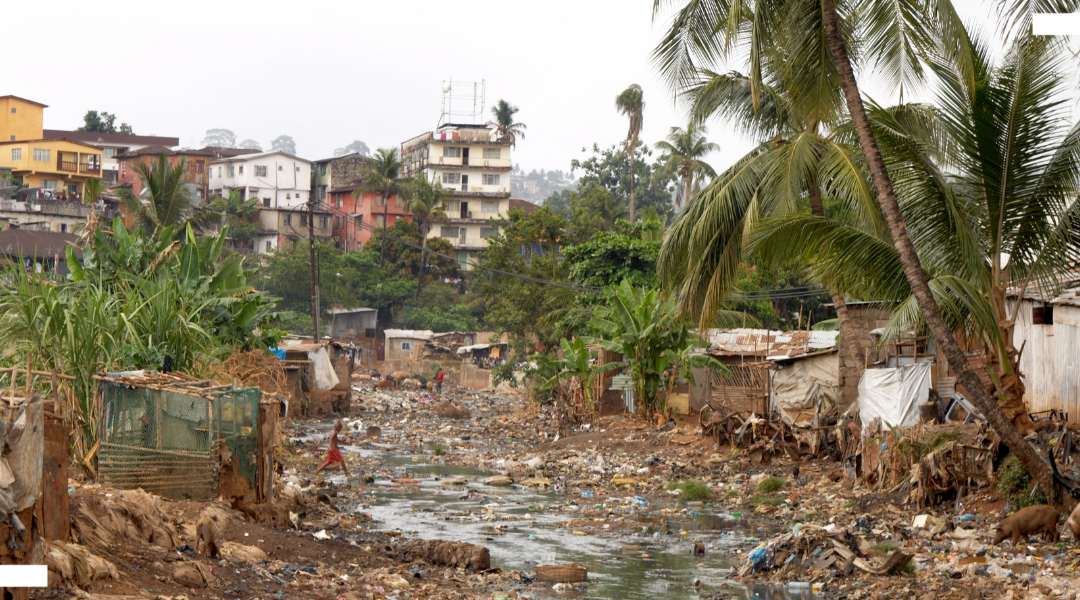
Reflections from COP26: Can city-level climate action catalyse global change?
We caught up with IIED’s David Dodman to hear his thoughts on the urban agenda at COP26, what can be done at the city level to create large-scale impact, and what he hopes to see at COP27 in Egypt next year.
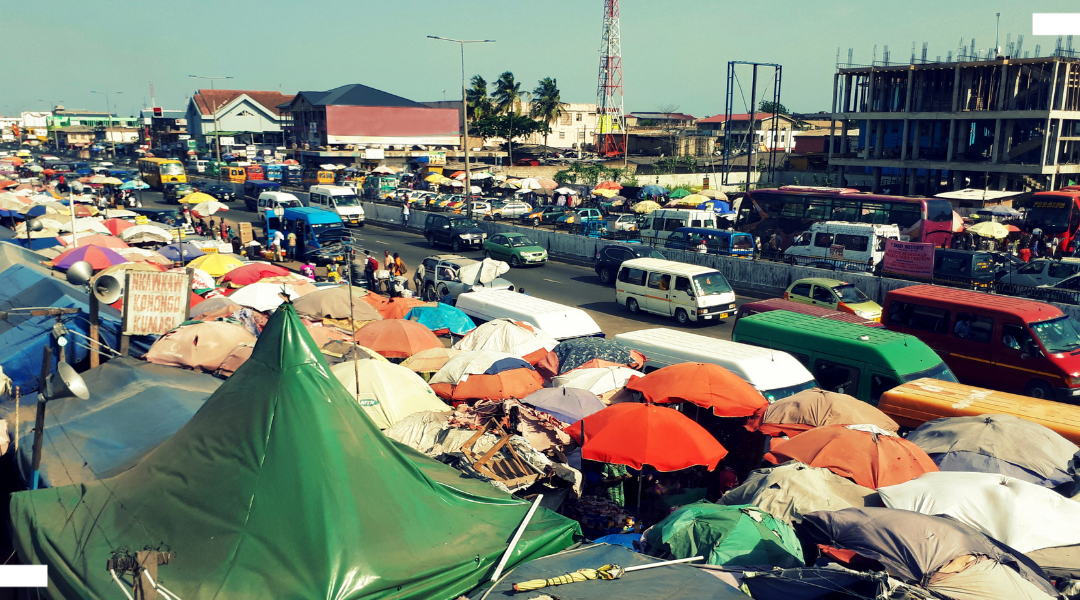
African cities and their systems
Too often, the daily reality of African cities is characterised by the failure of systems to offer basic services. Take affordable transport or high-quality healthcare, for example – or by how the poor integration of systems leads to failures of both performance and accountability to users.
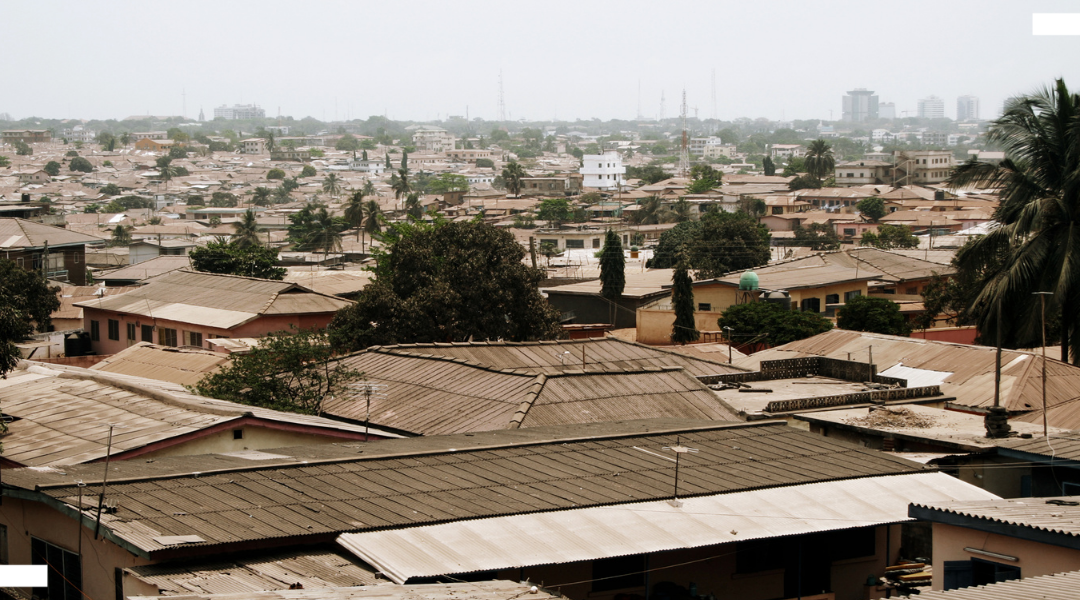
Accra’s major challenge is that politics gets in the way of progress
In the last few decades, the metropolis of Ghana’s capital city, Accra, has grown rapidly, sprawling into neighbouring districts.
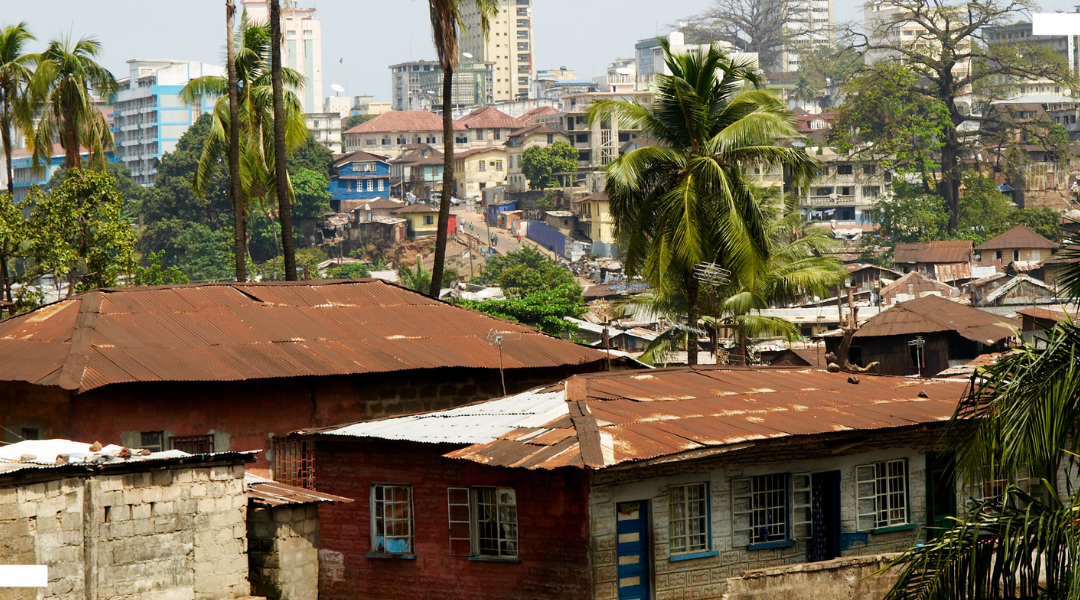
African cities and political settlements
A political settlement can be defined as an agreement or common understanding among powerful groups within a society about the basic rules or institutions of the political and economic game. Such institutions provide opportunities for those groups to acquire a minimally acceptable level of benefits, thereby preventing a descent into all-out warfare.
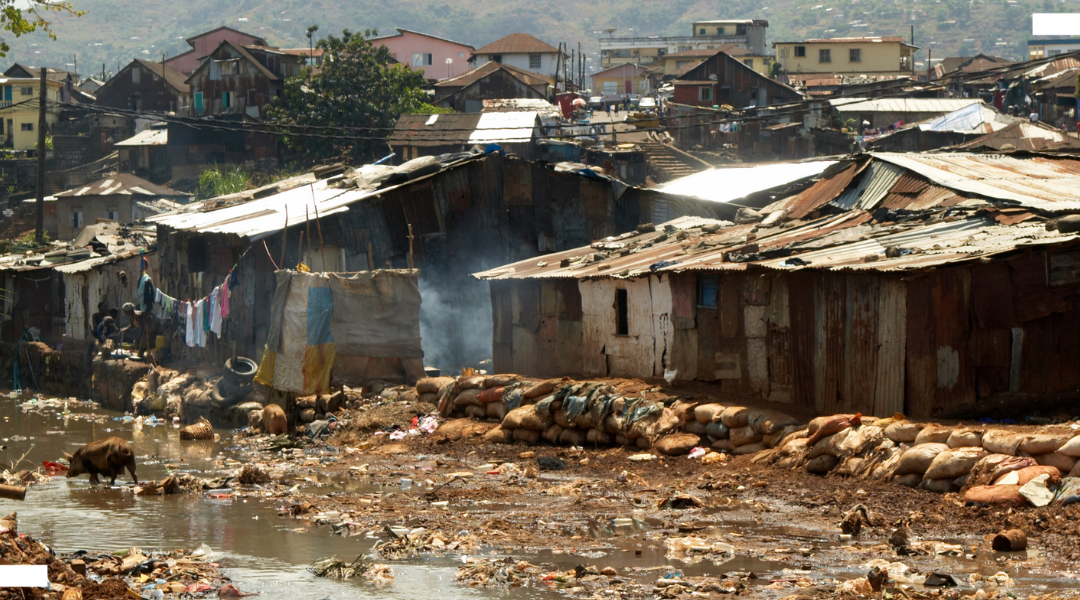
Can housing reform help cities deal with climate change whilst reducing poverty?
More than 1 billion people around the world currently lack access to adequate and affordable housing – a figure expected to triple by 2030. During this period, climate-related threats to the lives and livelihoods of urban residents are projected to increase, with decisions made around the location, design and construction of housing set to profoundly shape our collective future.
Sign up to our newsletter
Keep up to date with all the latest news and insights from the African Cities Research Consortium.
